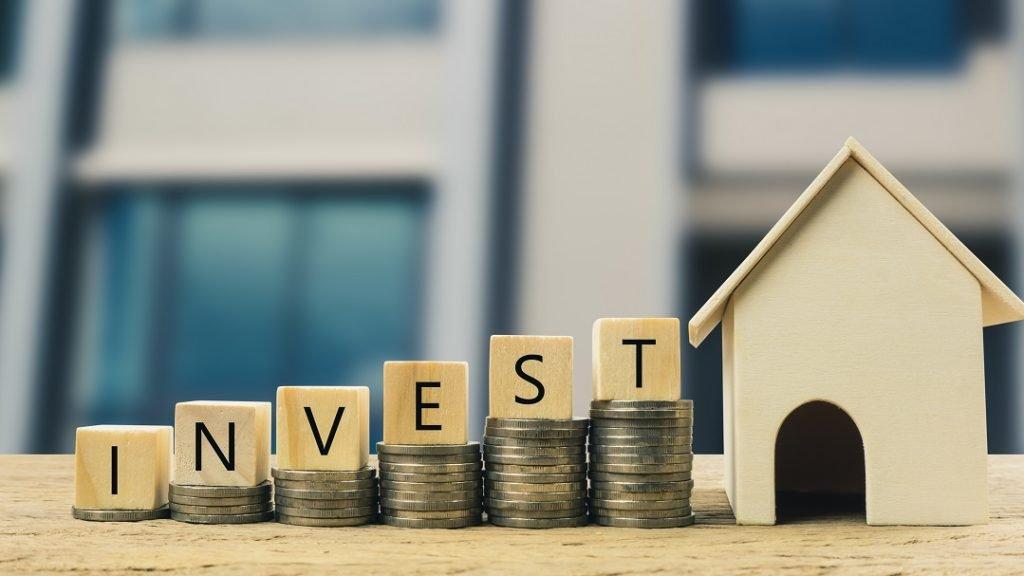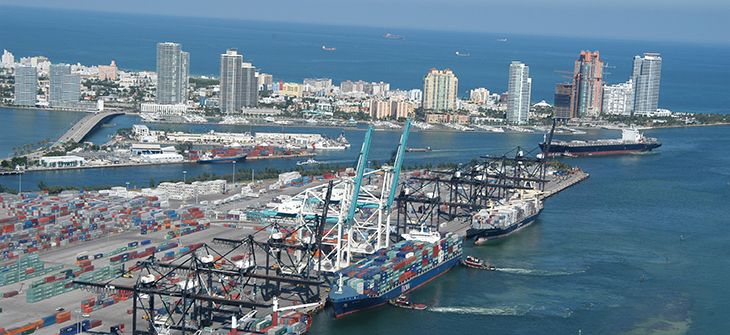Within the period of 2017 and 2020, Africa’s largest economy, Nigeria has lost over 92 percent of investment available to the country. The loss in investment sums up about $188.29 billion.
According to the report of the Nigerian Investment Promotion Commission (NIPC) on “Investment announcements versus FDI (Foreign Direct Investments) Inflow in Nigeria, 2017 – 2020” the discrepancies between the FDI announcement and actual FDI inflow were revealed. The commission stated that the actual inflow of FDI into Nigeria was 7.65 percent of the total FDI announcements.
This is an affirmation that the FDI announced by the commission did not materialize or translate to actual investment inflow.
In the period 2017 to 2020, the NIPC FDI announcement stood at $203,89 billion, however, the actual FDI within the same period was $15.6 billion and unmaterialized FDI announced was $188.29 billion.
In 2017, statistics obtained from NIPC revealed a total of $66.35 billion FDI announcement but only $3.5 FDI inflow was recorded. For 2018, 2019 and 2020, $90.89 billion, $29.91 billion and $16.74 billion FDI were announced in each year respectively. However 2018 FDI inflow was $6.4 billion, 2019 inflow was $3.3 billion and 2020 FDI inflow was $2.4 billion.
With this report, the commission asserted that its report was based solely on Investment announcements which may not contain exhaustive information on all investment announcements in the country within the said period.
According to NIPC, the gaps between announcements and actual investments demonstrate investments potentials that were not fully actualised.
The Commission stated: “A more proactive all-of-government approach to investor support, across federal and state governments, is required to convert more announcements to actual investments.”
Reacting to the situation, Director General, Nigerian Association of Chambers of Commerce, Industry, Mines and Agriculture (NACCIMA), Ambassador Ayoola Olukanni, noted that the gap may not be unconnected to the economic recession and COVID-19 pandemic events within the period, aggravated by policy instability.
Olukanni stated: “Numerous studies have established that Foreign Direct Investment is dependent on the market size of the host country, deregulation, level of political stability, investment incentives, openness to international trade, economic policy coherence, exchange rate depreciation, availability of skilled labour, the endowment of natural resources and inflation.
“You will agree with me that the four years spanning 2017 and 2020 are characterized by the struggle to exit from economic recession, a period of slight recovery, the COVID-19 pandemic, and another period of recession. These circumstances may or may not be responsible for the political and economic reaction that can be witnessed in the uncertainty in the foreign exchange market, increased inflation, increased unemployment, increased political unrest and insecurity and so on.
“What can be established is that Foreign Direct Investment is averse to risk and uncertainty, especially the kind of uncertainty brought about by policy instability and economic policy. An obvious example is the closure of the land borders in 2019, while justifiable through the lens of national security is certain to have a negative impact on Foreign Direct Investment which has a long-term planning horizon.
“In summary, to seek to increase actual FDI is to promote the factors that have been shown, empirically, to positively impact FDI. While the Nigerian economy checks the boxes of most of these factors, economic policy coherence, foreign exchange market stability and insecurity are issues that are currently the bane of FDI inflows.”
Also commenting, an economist and private sector advocate, Dr. Muda Yusuf, who is also the immediate past Director-General of Lagos Chamber of Commerce of Industry (LCCI), said the development reflects the low level of investors’ confidence occasioned by structural problems of infrastructure and worsening security situation.
His words: “It is investors’ confidence that drives investment, whether domestic or foreign. Investors are generally very cautious and painstaking in taking decisions with respect to Foreign Direct Investment (FDI). This is because FDIs are often long-term and invariably riskier, especially in volatile economic and business environments. Uncertainties aggravate investment risk.
“Investors in the real sector space are grappling with structural problems, especially around infrastructure. There are also worries around liquidity in the forex market; there are concerns about the accelerated weakening of the currency. There are issues of heightened regulatory and policy risks in many sectors.
“Investors’ confidence has also been adversely affected by the worsening security situation in the country. Meanwhile, the economy is still struggling to recover from the shocks of the COVID-19 pandemic. These are the likely factors impacting investment decisions.
“Our ability to attract FDI will depend on how well we position ourselves. The critical question will be around expected returns on investment. Overall, it is the investment climate quality that will make the difference. We need to ensure an acceleration of necessary reforms to make Nigeria a much better investment destination. We need policy reforms, regulatory reforms and institutional reforms, among others.
“We should accelerate the ongoing foreign exchange reforms; we need to undertake trade policy reforms to liberalise trade in sectors of weak comparative advantage; we need regulatory reforms to make regulations more investment-friendly. We need to create new opportunities in the public-private partnership (PPP) space, especially in infrastructure. We need to see more privatization of public enterprises.
“It is important as well to quickly fix the ravaging insecurity in the country. All of these are crucial to boost investors’ confidence.”


 Naira4 weeks ago
Naira4 weeks ago
 News3 weeks ago
News3 weeks ago
 Education4 weeks ago
Education4 weeks ago
 Social Media4 weeks ago
Social Media4 weeks ago
 Technology4 weeks ago
Technology4 weeks ago
 Investment4 weeks ago
Investment4 weeks ago
 Dividends4 weeks ago
Dividends4 weeks ago
 Economy4 weeks ago
Economy4 weeks ago














